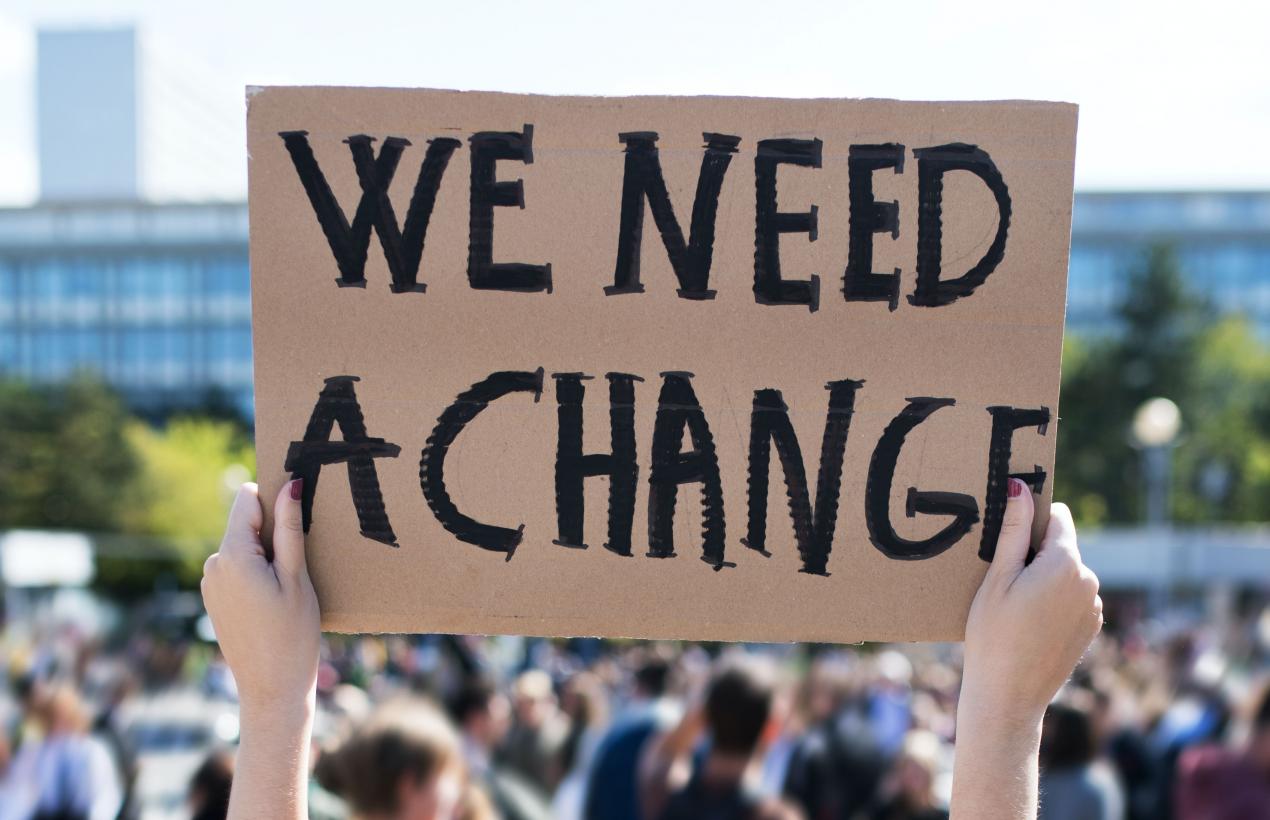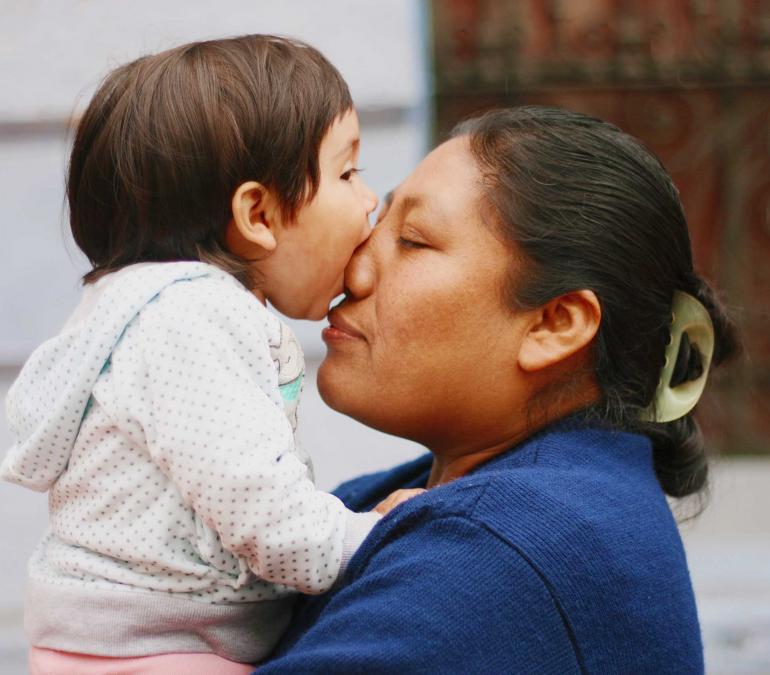
Dismantle Racism and Address Unequal Treatment
Deeply entrenched, structural and systemic racism fuels the unjust health equity gap.
What We Know
A widening gap exists in maternal and infant health outcomes among Black and Native people and their White counterparts.
Historically biased and unfair policies and practices have resulted in present day structures, systems and institutional practices that contribute to and magnify racial differences in access to resources, social conditions and opportunities.
This has resulted in persistent, inequitable poor health outcomes, particularly among Black and Native families. Stigma and discrimination also occur based on traits such as, undocumented status, poverty, sexual orientation and substance use disorders, among others.

Racism and Maternal and Infant Health
Safe day-to-day living conditions and health care that are free of perceived or actual differential treatment are critical to improving health outcomes.
Racist policies that have systematically disadvantaged communities of color over centuries have a persistent impact on health. Chronic and severe adversity floods the body with sustained dangerous levels of stress hormones, a condition known as toxic stress, which contributes to health complications. Unequal treatment perpetrated based on biases (i.e. race/ethnicity, gender, age, weight, language, disability, etc.) lead to health inequities and poor outcomes for families.
Improving maternal and infant health requires solutions that include acknowledging and dismantling racism, specifically structural, institutional and interpersonal racism, as well as addressing unequal treatment and discrimination.


Exposure to racism has been linked to toxic stress, a causal factor in preterm birth
– Worry About Racial Discrimination: A Missing Piece of the Puzzle of Black-White Disparities in Preterm Birth? Braveman, Paula, et al. 2017, PLoS ONE.
News & Resources
Truth, Racial Healing & Transformation is a comprehensive, national and community-based process to plan for and bring about transformational and sustainable change, and to address the historic and contemporary effects of racism.

GARE, a project of Race Forward and the Haas Institute for a Fair and Inclusive Society at UC Berkeley, is a membership network for communities, governments and other institutions, providing tools, resources, events and training and empowering leaders to dismantle racism and create equitable outcomes for all.

Project Implicit, a nonprofit organization and effort founded by university researchers, lets people test their own implicit bias (the thoughts and feelings outside of our conscious awareness and control) using a variety of Implicit Association Tests (IAT) on various topics and share the data with researchers.


